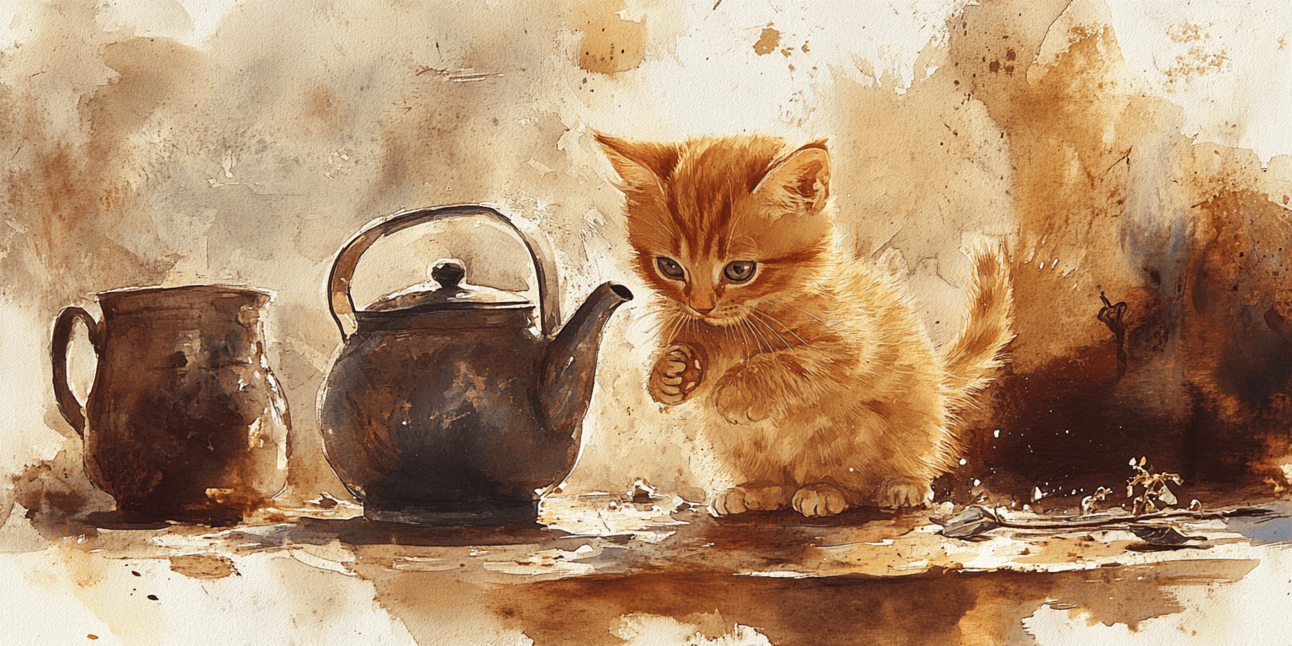The Right Water Temperature to Brew Coffee
- basics

How has this week been, | coffee lover? Hope you had a great Diwali. ✨
We are really happy that we launched last week and are grateful to you for jumping into this early and giving us validation and feedback.
Without further ado, lets get brewing…
The Right Water Temperature
“What are you talking? Can you just not put boiling water in it?”
Definitely not. Treat the poor coffee grounds carefully.
While we have seen chai and coffee made at our homes on the stove tops since childhood, it’s easy to think boiling water is necessary to extract the coffee. That is not completely wrong. But, its very easy to extract the unwanted flavours, like bitterness, at higher temperatures.
The coffee beans, or the pre-ground coffee, we generally get for brewing now is carefully studied and roasted. Boiling water just destroys everything. Well, not everything as its still coffee that you get, but that’s not the full potential of what it can truly be.
The taste of coffee depends on a lot of factors like the roast level, temperature, coffee to water ratio and brewing technique. Lets see how temperature can affect your brew.
What’s the right temperature then?
It’s quite tricky actually. And depends from palette (your taste) to palette. But there are some guidelines we can keep in mind.
Brewing coffee is as much science as its an art.
We know there are different types or levels of roasts: light, medium and dark. Each of them have different characteristics which extend to different ideal brewing temperatures.
Light roasts are known for their vibrant acidity (like the sourness in a fruit) and are generally more dense. Hotter water helps extract them better.
On the other hand, medium and darker roasts are not as hard to extract, so we can drop the temperature down and not over extract them. These dark roasts are already roasted at high temperatures.
What's over-extraction? Is there something called under extraction as well?
Under extraction: coffee is weak and sometimes sour
Over extraction: coffee is bitter and harsh on the throat
Ideal temperatures help extract a balanced cup with the coffee's full aromatic profile. The recommended temperature is from 85C to upto 96C. I cannot give you a ball park figure as it depends on a lot of factors. We talk about how to reach those temperature without any measuring equipment a bit later.
But don't take my word for it. Experiment. In a book write down the temperature and how the coffee felt. Make changes accordingly. This writeup should be a starting point for your exploration.
Every day is a new experiment. And when you are experimenting, its generally advise to keep only one thing variable and everything else consistent. For example here, if you are figuring out the right temperature, keep the grind size and technique consistent.

For inspiration, this is how I log my brews.
How to eye ball temperatures
Knowing temperature is a major factor in brewing your coffee. It is good to invest in a good temperature controlled kettle.
If you don't have it yet, here is what you can follow.
I do have a temperature controlled kettle and did some experiments for you.
· Heat water until it boils. Wait for 30-40 seconds for it to cool down. This should get it to around 96C
· 60 to 70 seconds wait gets you around 90C
· When you heat the water, the bubbles form. They start to raise around 85C
Keeping these ballpark figures in mind, you can adjust your brewing as you like.
One last tip
Its equally important to keep the temperature consistent throughout the brew. And when you pour any hot liquid into a cold cup/brewer, it cools down significantly.
Preheat your equipment. This ensures your coffee doesn't get a thermal shock. It involves heating your brewer and cup before starting the brewing process.
If you have the practice of rinsing your equipment, do it with some good amount of hot water.
French press? Fill it with hot water, keep it for some time, rinse. V60? Wet the paper filter with hot water and rinse. Aeropress? You might have figured by now.
Hope this makes your brews exciting and experimental.
From the coffee-verse
How people made coffee in 1893 - r/Coffee
With an egg?? Check this picture of a page from an old book that talks about how coffee was made
Should you freeze coffee beans - YouTube
Circling back to what we discussed in the last post, this is a real handy tip when you buy huge packs of coffee at once.
4:6 Pourover method - YouTube
If your into pour over coffee, this seems like a really nice method to brew and tweak different flavour profiles based on what you like. I’m going to try this next.
Whats brewing this week

Tribe-O Koraput from Kohi Roasters
This is coffee grown in Odisha, India by Kohi Roasters. It has a unique spice and citrus flavours to it when I brew with a V60. While getting a good cup according to my palette took time, now I enjoy this one more.
That’s all I have. Have a caffeinated weekend.
See you.
Keep on brewing!